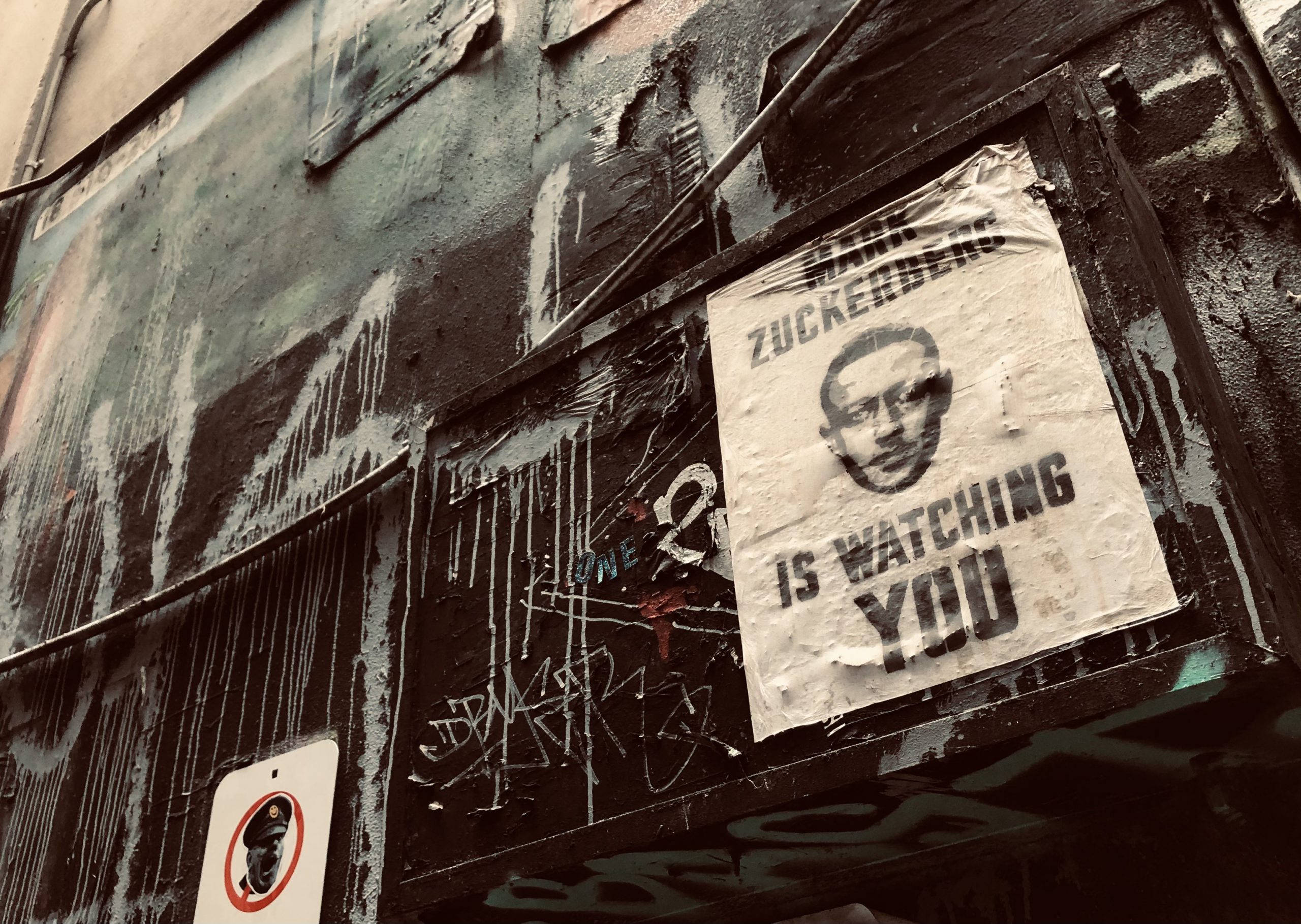News publication deals struck between Facebook, Google and the Australian government could harm smaller publishers, who claim they were sidelined in talks that prioritised mainstream media.
The two-week conflict in February saw all Australian news wiped off Facebook, and while it may now be back up on the site, independent journalists like Footyology‘s Rohan Connolly say they’re still hurting.
“It was like a fight between Darth Vader and Darth Vader 2.0,” he said. “People like me were caught up as collateral damage.”
The banning of news on Facebook began when the Australian government introduced a bill called the News Media Bargaining Code, which required Google and Facebook to pay to share content from Australian media outlets. Facebook pushed back by blocking Australian news instead.
If passed, the code would help mainstream media regain some of the advertising revenue they lost to social media.
Google was working on its own news service when the bill was introduced, known as Google News Showcase. Showcase fits many of the Bargaining Code’s requirements, paying publishers to “curate content” on behalf of the website’s platforms.
But Melbourne Law School’s Jake Goldenfein, a specialist in digital platform regulation, says Google and the government couldn’t find a compromise.
“Google had certain stipulations,” he said. “For instance, you couldn’t have paywalls anymore. And news organizations, specifically Murdoch websites … weren’t happy with the deal that was being offered to them.”
News Corp and the Murdoch family own over half of all Australian newspaper media, including The Australian, The Daily Telegraph and the Herald Sun, all of which require subscriptions to read their content online.
Chief Marketing Consultant at E-Web Marketing Blake Smith says part of the problem is that most users aren’t used to paying for online media.
“I think it’s a little bit more difficult to convince someone to subscribe to a news service,” he said. “We’re kind of programmed now to feel that everything is free.”
App Developer Elegant Media‘s CEO, Anushka Bandara, argues that mainstream media does not recognise its place in the digital age.
“The news media has to be a content creator,” he said. “They are no longer a platform … They don’t own social channels. They cannot control it.”
Bandara notes that while news media has channels on radio and television, users no longer spend as much time on mass media. Meanwhile, Google and Facebook wield more influence than most people understand.
“These giants are more powerful than the government,” he said. “The average person spends three and a half hours a day on their smart phone apps, and most of the time that goes through Google or Facebook.”
“Google owns their search engine, YouTube, and Gmail, and Facebook also owns Instagram and WhatsApp. It’s far more powerful than we imagined.”
For its part, Facebook says it’s been a financial lifeline to media companies. The company claims it generated 5.1 billion free referrals to Australian media with an approximate worth of $406 million.
Facebook also argues its business gain from news is minimal, saying only 4% of content that users will see on their news feed contains news.
Google warned the company would have to pull its search engine from Australia if the code was passed without amendment.
During this time, independent journalists and smaller media companies were swept up in the ban. Rohan Connolly’s Footyology brand uses social media and its algorithms as a primary method of communicating with its audience.
“Facebook is responsible for about 40% of our engagement,” he said. “Our numbers, they declined temporarily pretty substantially.”
The drama ended when the tech companies agreed to private negotiations with the government, which Goldenfein argues was primarily due to pressure from Facebook.
“I think they were reminding the Australian government, ‘who do you think got you elected?’,” he said. “And I think that the government caved on that, because those platforms are critical for elections and political messaging.”
Connolly believes neither side was ultimately hurt by this, but smaller organisations were cut out of this conversation.
“We don’t know the details of it”, he said, “but it sounds like the major media organisations will have their stuff prioritised in the algorithm.”
“It’s like a second punch to the stomach.”
“There’s not a lot we can do to counter it. These huge media monoliths, their whole business is communication between people. But when you actually try to communicate with them, you can’t find anyone.”
Hatch sought comment from Facebook and Google but has not received a reply.


